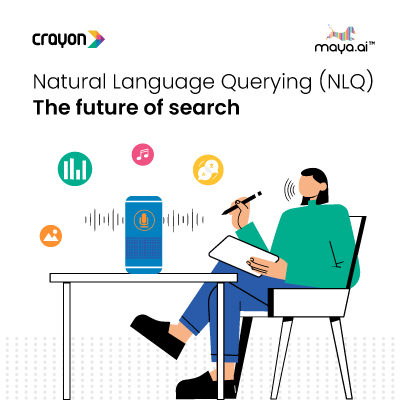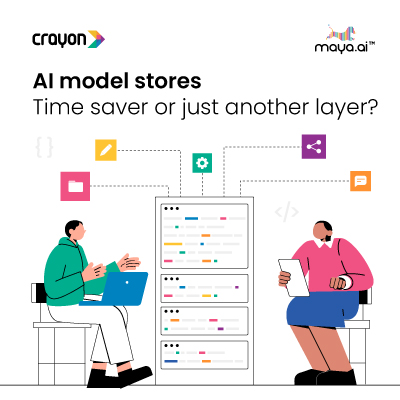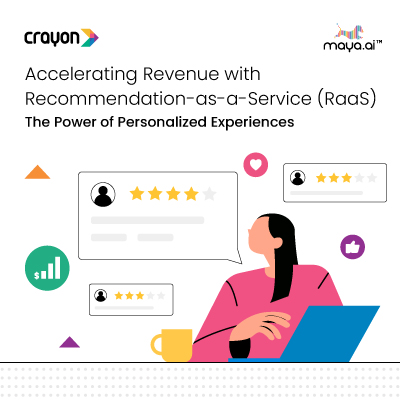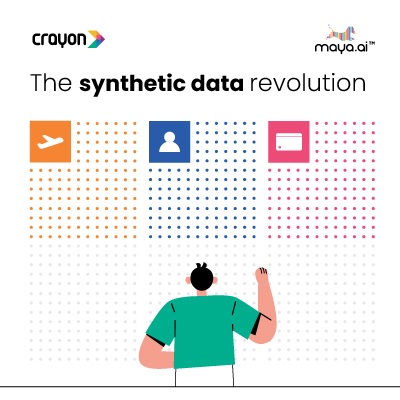Big Data is one of the major areas of focus in today’s digital world. There are tons of data generated and collected from the various processes carried out by the company. This data could contain patterns and methods as to how the company can improve its processes. The data also contains feedback from the customer. Needless to say, this data is vital to the company and should not be discarded. But, the entire set is also not useful, a certain amount of data is futile. This set should be differentiated from the useful part and discarded. To carry out this major process, various platforms are used. The most popular among these platforms is Hadoop. Hadoop can efficiently analyse the data and extract the useful information. It also comes with its own set of advantages and disadvantages such as:
Pros
1. Range of data sources
The data collected from various sources will be of structured or unstructured form. The sources can be social media, clickstream data or even email conversations. A lot of time would need to be allotted in order to convert all the collected data into a single format. Hadoop saves this time as it can derive valuable data from any form of data. It also has a variety of functions such as data warehousing, fraud detection, market campaign analysis etc.
2. Cost effective
In conventional methods, companies had to spend a considerable amount of their benefits into storing large amounts of data. In certain cases they even had to delete large sets of raw data in order to make space for new data. There was a possibility of losing valuable information in such cases. By using Hadoop, this problem was completely solved. It is a cost-effective solution for data storage purposes. This helps in the long run because it stores the entire raw data generated by a company. If the company changes the direction of its processes in the future, it can easily refer to the raw data and take the necessary steps. This would not have been possible in the traditional approach because the raw data would have been deleted due to increase in expenses.
3. Speed
Every organization uses a platform to get the work done at a faster rate. Hadoop enables the company to do just that with its data storage needs. It uses a storage system wherein the data is stored on a distributed file system. Since the tools used for the processing of data are located on same servers as the data, the processing operation is also carried out at a faster rate. Therefore, you can processes terabytes of data within minutes using Hadoop.
4. Multiple copies
Hadoop automatically duplicates the data that is stored in it and creates multiple copies. This is done to ensure that in case there is a failure, data is not lost. Hadoop understands that the data stored by the company is important and should not be lost unless the company discards it.
Cons
1. Lack of preventive measures
When handling sensitive data collected by a company, it is mandatory to provide the necessary security measures. In Hadoop, the security measures are disabled by default. The person responsible for data analytics should be aware of this fact and take the required measures to secure the data.
2. Small Data concerns
There are a few big data platforms in the market that aren’t fit for small data functions. Hadoop is one such platform wherein only large business that generates big data can utilize its functions. It cannot efficiently perform in small data environments.
3. Risky functioning
Java is one of the most widely used programming languages. It has also been connected to various controversies because cybercriminals can easily exploit the frameworks that are built on Java. Hadoop is one such framework that is built entirely on Java. Therefore, the platform is vulnerable and can cause unforeseen damages.
Every platform used in the digital world comes with its own set of advantages and disadvantages. These platforms serve a purpose that it vital to the company. Hence, it is necessary to check if the pros outweigh the cons. If they do, then utilize the pros and take preventive measures to guard yourself against the cons. To know more about Hadoop and pursue a career in it, enrol for a big data Hadoop certification. You can also gain better with big data Hadoop training online courses.




















